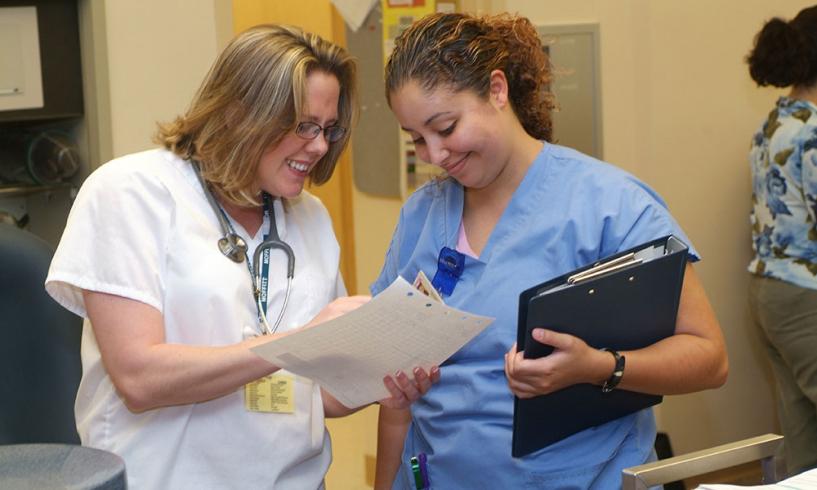Within a culture of safety, accountability for safe and ethical care is a priority. Nurses must advocate for their patients and actively prevent patient harm when faced with safety concerns. With the increasing complexity of cancer care, safety risks are always present. Errors can be life threatening, and oncology nurses must feel comfortable in their ability to recognize and report these events.
The first step to becoming a champion of safety is to explore your ability to address safety concerns. This self-reflection includes examining the concepts and processes involved in demonstrating moral courage, vigilant risk assessment, proactive error recognition, and responsive error reporting.
Moral courage is an individual’s ability to overcome fear and stand up for his or her values and obligations. With moral courage, ethical behavior consistently follows basic ethical principles despite any threats of blame, shame, or retaliation. Nurses acquire moral courage through experiences that lead to ethical competence and confidence.
Vigilant risk assessment is essential in high-risk activities that may require rapid decision making during critical events. Vigilance refers to being constantly cognizant and aware of safety risks. Although vigilance in nursing is an expectation, work-related stress and task interruptions can limit attentiveness. To remain effectively vigilant, include timeouts and quiet zones during the day to identify vulnerable situations before they turn into poor patient outcomes.
Proactive error recognition involves taking time to think through the steps and appropriateness of a process. Being proactive may involve consultation and collaboration for validation and support through huddles, debriefing, and double verification of treatment regimens with your colleagues. Being proactive also includes reporting and documenting all near-miss events.
Responsive error reporting lessens the chance for repetitive events. However, work cultures often react to errors and near misses in ways that evoke fear of retribution and punitive action. Timely reporting procedures that support anonymity can promote comprehensive event investigation. Individual nursing reaction to error events focuses on appropriate and rapid response, disclosure, and documentation while promoting patient autonomy.
Nurses should maintain full compliance with principles for safe and ethical practice. Self-reflection can enhance practice by focusing on behaviors and values that align with the ethical obligation to maintain optimal patient safety. Developing moral courage can lead to increased vigilance and proactive behaviors when addressing safety issues in practice. Learn more about Nurse Empowerment in a Culture of Safety through a new online course that offers free CNE to ONS members.






